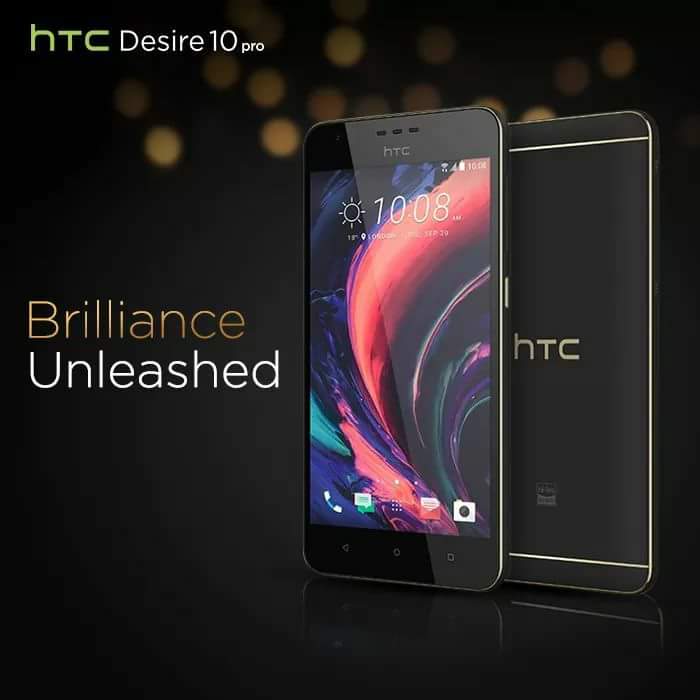Why a Google acquisition of HTC might be the best option

HTC One
If you’re into the rumor mill, it’s likely you’ve already heard this one: Google may be acquiring HTC's smartphone business. This is a pretty significant rumor considering the status of both companies, and isn’t completely outside the realm of possibilities considering Google also purchased Motorola back in 2011.
HTC’s reputation in the mobile industry can best be described as a roller coaster. The company was at its peak in the early days of Android, making devices like the first Nexus device, the MyTouch series, and the EVO series (which included the EVO 4G, the “first” 4G smartphone). The company experienced a lull in popularity once they began releasing too many smartphones and subsequently not enough updates, but redeemed themselves in 2013 with the release of the HTC One (M7).
The HTC One signaled the start of a new era for HTC. The company appeared to recognize previous missteps of creating too much to handle, hence the “One” moniker. Some iterations of the One device would feature a “Plus” and/or “Mini” variant, and then the company went back to just one device with the HTC 10 and again in the HTC U11. HTC also curiously released the HTC U Ultra and U Play for the first time earlier this year.
Despite major changes over the years to improve HTC’s situation, nothing stuck for long. The M7 to the M8 brought some solid changes, but the M8 to the M9 were so similar to each other that even HTC employees mixed them up in an advertisement. The biggest change to come to the M9 was the switch from the controversial UltraPixel camera back to a common “megapixel” variety, but the camera still failed to impress at launch.
The HTC 10 was actually a solid device, but I still stand by my stance that it was the most forgettable flagship released last year because it was perfectly adequate – that is, nothing was really amazing nor terrible about it. In that article, I also specified that I thought HTC still had a chance if they just put a stronger focus on marketing, especially now that we can see just how well strong advertising can affect a smartphone’s success – just look at the Google Pixel compared to the Google Nexus line. Nobody cared about Nexus, but just shy of one year after the Pixel was introduced most people have at least heard of it.
But HTC didn’t focus on marketing, and the HTC U11 seems just as forgettable as the HTC 10 did. While I haven’t been wowed by the changes made to the HTC U11 personally (glass back, no headphone jack, squeeze function still seems gimmicky, Sprint as exclusive partner carrier) I still think the biggest reason for lack of success was the lack of marketing. I have yet to see a single HTC U11 advertisement anywhere.
Through all these trials and tribulations, it makes sense that Google may become a “strategic partner” of HTC, or perhaps just purchasing the company’s smartphone sector entirely. HTC needs help in one form or another, and Google, who may be interested in having a smartphone manufacturer at its disposal for the future of Pixel, would have a use for the talent and experience of HTC.
In my opinion, it would probably be the best thing for HTC. The company continues to struggle in the smartphone sector, and if that trend continues for much longer I could only see things ending dismally for the once revered manufacturer. Although Google has only ever purchased one other manufacturer – and not necessarily to become a smartphone manufacturer themselves – they did manage to turn Motorola’s reputation around before selling it off to Lenovo at a loss. Google and HTC have also partnered up a few times to make devices (Nexus One, Nexus 9, Google Pixel), all of which experienced success, so their history could predict promising results.
HTCGoogle
HTCOpinion